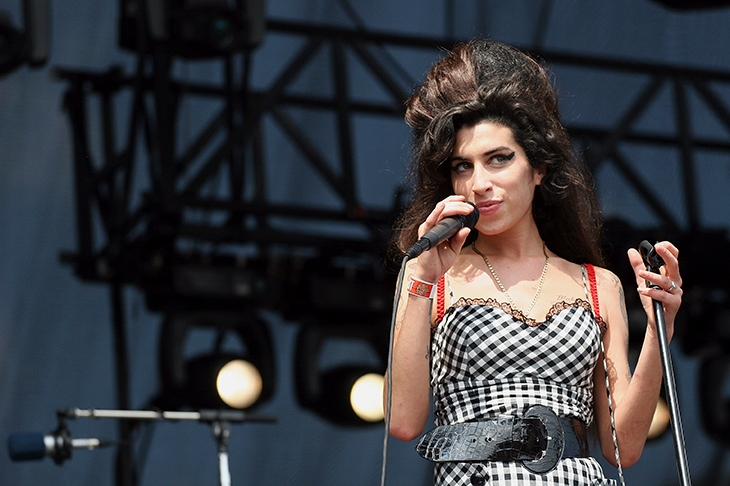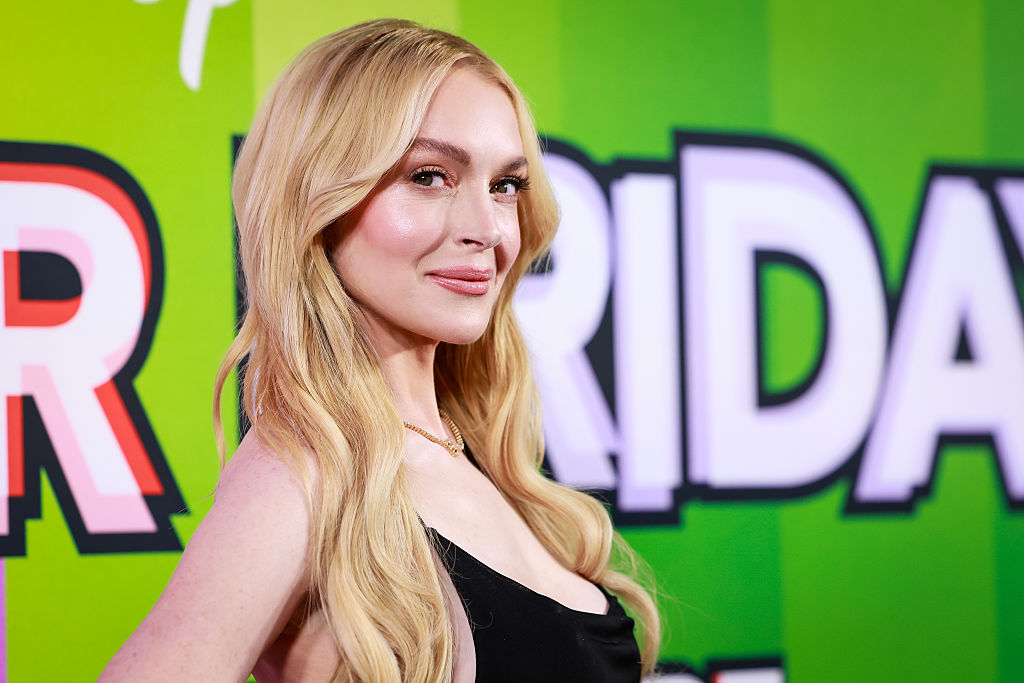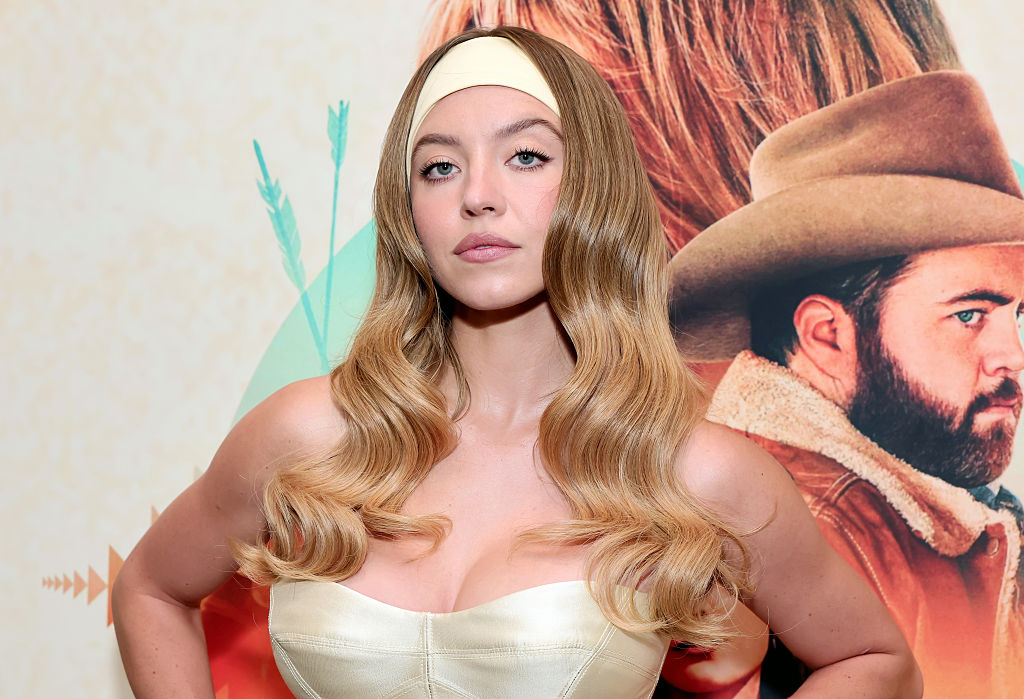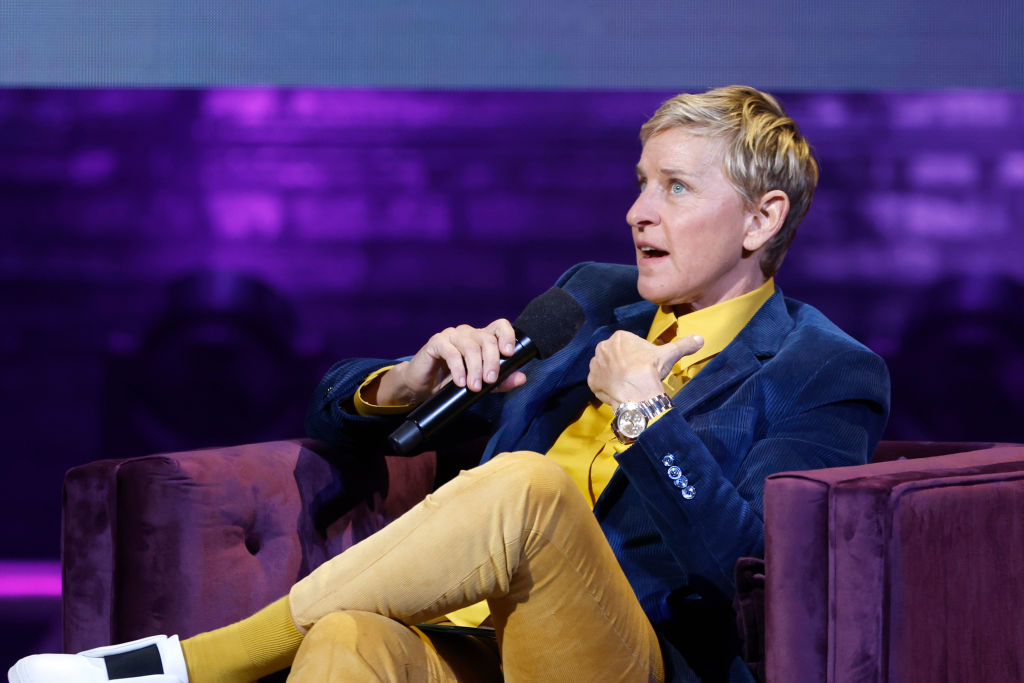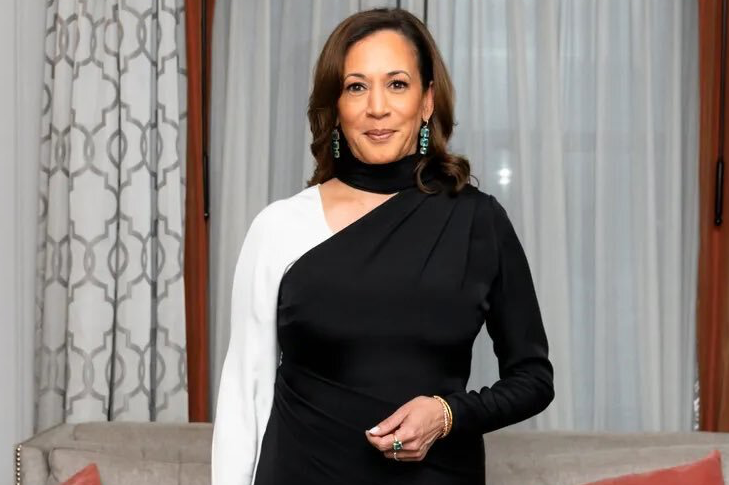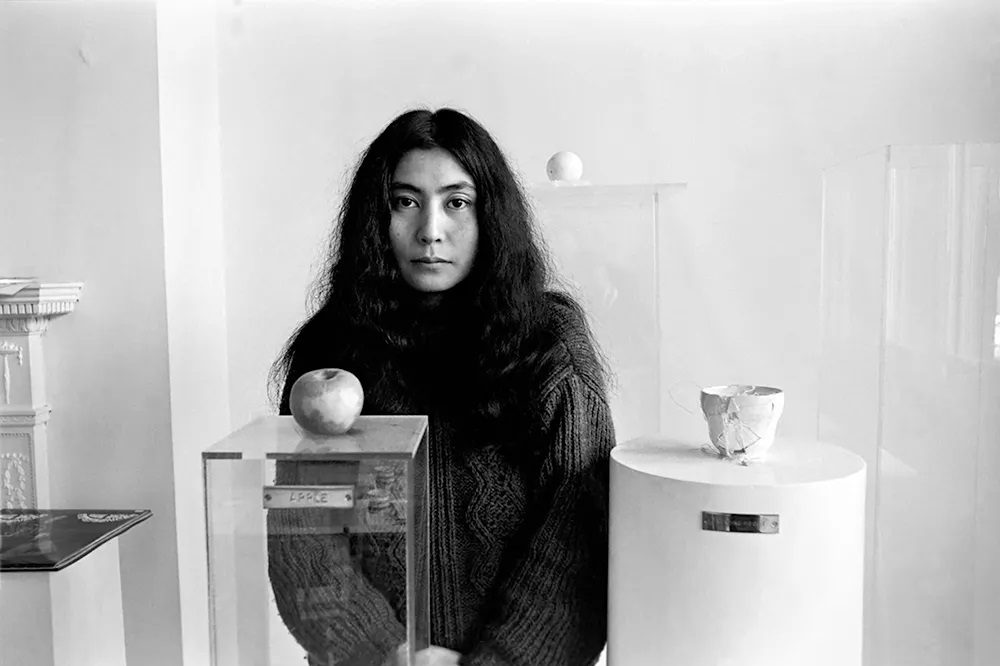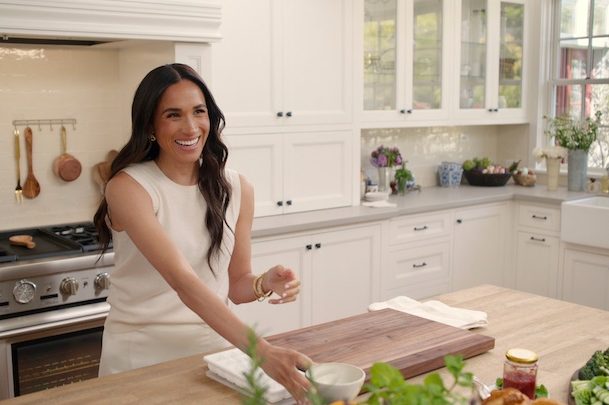Watching the funeral of the Duke of Edinburgh at the weekend — that Land Rover, that lack of eulogy — I felt an alien emotion steal over me. Shortly after the last blast of the bagpipes faded away, I realized what it was: I’d like to be like that. Amusingly, the only person this working-class radical feminist has ever felt this emotion towards was a reactionary prince. Somehow, the very incongruity made perfect sense; I can’t think of anything drearier than having a ‘role model’ who was in any way like me.
There are quite a few modern phrases which annoy the heck out of me. ‘Reaching out’ should only be used by a member of the Four Tops, while ‘Going forward’ should only be used of cars. But one of the worst must be: ‘If you can’t see it, you can’t be it.’ The phrase originated, understandably, during the black civil rights movement of the 1960s when one group of people were legally considered less human than others. With the state stopping one from achieving one’s potential in such a manner, the craving to see the possibility of advancement must have been immense. But we are not like this, and the expression is now mired deep in the dullard logic of identity politics.
And though the phrase was understandable, it was never true. Rosa Parks never saw another black person on an Alabama bus refuse to give up their seat to a white passenger. Barack Obama became US president without seeing a non-white resident of the White House. Malala Yousafzai had never seen a 12-year-old girl take on the Taliban. Helen Keller had never seen anything after the age of 19 months.
Even if we disregard these extraordinary people and consider the wider human story, not being it because one couldn’t see it simply doesn’t stand up. We don’t lurk in caves, unwashed and communicating with monosyllabic grunts. (But enough about the Green party.) The whole point of progress is that mould-breakers shun the idea of role models, and this goes for both important individuals and inconsequential youth cults. No one had a clue that the 1920s flappers, 1960s mods or 1970s punks would be there until they rocked up raucously.
That no new youth cults have appeared since rave is a sign that our popular culture is irretrievably moribund and that we no longer live in modern times: a combination of posh kids taking over pop (if you know you’re going to join the ruling class when you grow up, you don’t need to recreate yourself) and ordinary kids wasting their neuroses, which might otherwise be channelled creatively, on show-and-tell social media. It’s no coincidence that the last great original pop star was the neurotic, working-class Amy Winehouse, who drew inspiration from everything from the blues to punk yet was totally original.
Nobody’s saying that one shouldn’t be inspired by people; sometimes I think it likely that to be an inspiration could possibly be the greatest use of our time on earth. And nobody’s saying that it’s not good to admire people. But we generally admire people who do something we could never do ourselves, like sail around the world single-handed or have sex with Billy Bragg. We exist in order to move the culture on; having role models is being given permission not to use your imagination.
What’s more, people are always quick to jump up and denounce people who never wanted to be role models in the first place when they turn out to be bad ones. A friend of mine told me: ‘In the early 2000s when I worked with children, I found the emphasis on role models horrendous. When a person held up as a role model was found to be less than perfect, in trouble with the law and splashed all over the media, the effect was traumatic on children who came from the same group as the person once celebrated.’
I find it particularly suspect that the role model is yet another way in which society seeks to corral, control and castrate young female celebrities. ‘What a role model!’ (often with a side dish of ‘Your mother must be so proud!’) has been snarked at everyone from Kim Kardashian to Britney Spears, though never of the ‘Bad Boy’ likes of Johnny Depp, in whom decadence was until recently seen as sexy rather than shocking. Being a good role model for girls means being compliant.
Representation itself isn’t bad, but these days it does seem that people value it more than actual accomplishment. Diversity as practiced by the BBC means people of all races and sexualities parroting the same views on everything from breakfast (good) to Brexit (bad). And at a time when segregation between the races is once more emerging — this time framed as progressive — there’s an extra bitter twist.
It must have been great to be a black child watching Black Panther for the first time, but I’m sure that there was no shortage of white kiddies in the audience who were having similar feelings of fan love. Were they guilty of infant cultural appropriation? And when the black children watched and presumably enjoyed films featuring white superheroes, was that an act of infantile self-loathing? Of course not — just a recognition that more unites us than divides us. Forever being told to ‘stay in your lane’, following designated role models, will mean that we end up on the cold hard shoulder of life, speaking only to our own kind.
Imagine my surprise when Googling my name to look for some pithy pre-loved quips and finding several instances of women who claimed I was their role model! I won’t quote them, as I’m sure that my subsequent nefarious ways will have made them think better of it. But looking on the bright side, if I can’t serve as a role model, I’ll just have to be a horrible warning. Which is always far more fun.
This article was originally published in The Spectator’s UK magazine. Subscribe to the World edition here.



